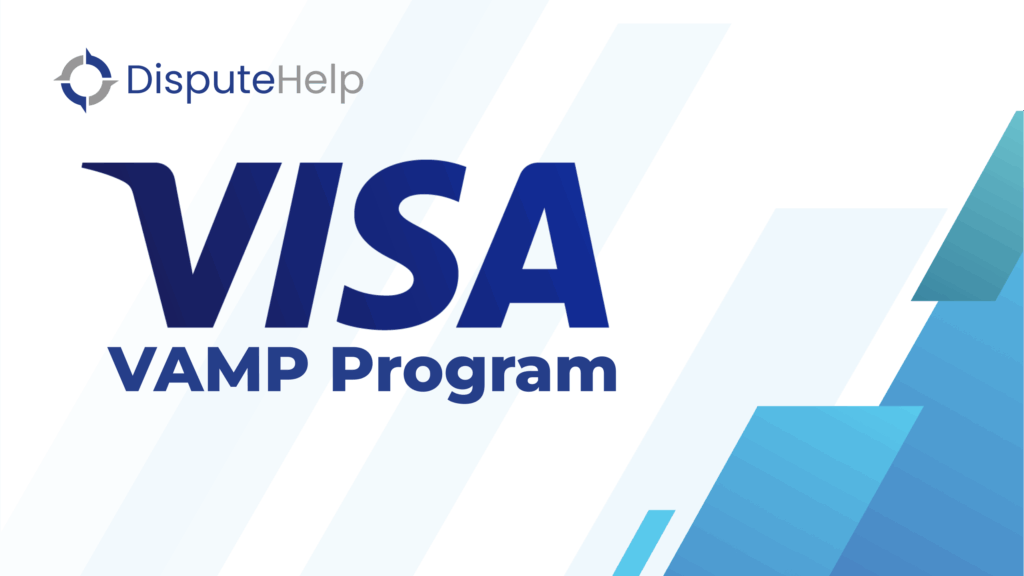Introduction: The Modern Chargeback Environment
In today’s payment ecosystem, the speed of fraud and the volume of disputes are increasing in step with consumer expectations. For merchants, especially those in high-risk verticals, chargebacks aren’t just occasional hiccups—they’re constant threats to profitability, operational continuity, and acquiring relationships. For MSPs, that means the stakes are higher than ever to offer not just processing, but dispute prevention infrastructure. Ethoca Alerts have emerged as a key part of that infrastructure, allowing merchants to intercept disputes before they become formal chargebacks.
Proactive Dispute Prevention with Chargeback Alerts
Chargeback alerts are early-warning notifications that give merchants a narrow window of opportunity to resolve disputes directly before a chargeback posts. Ethoca, one of the primary providers, partners with card issuers to deliver real-time alerts to merchants the moment a customer initiates a dispute. Unlike traditional chargeback handling, alerts are about preemptive action, not reactive defense.
Where Ethoca Alerts Fit in the Chargeback Lifecycle
To understand the value of Ethoca Alerts, it’s important to examine where they intervene in the chargeback process:
- Cardholder initiates a dispute with their issuing bank
- Issuer flags the transaction and pushes the case into Ethoca’s network (if the issuer is a participant)
- Ethoca notifies the merchant in real time, often within minutes
- Merchant receives the alert through an integrated system or platform
- Merchant takes action—usually a refund, a customer outreach, or providing clarity to the cardholder
- Chargeback is prevented because the issue is resolved before the dispute posts to the merchant account
This pre-chargeback window is critical. Every dispute resolved during this phase reduces the merchant’s chargeback ratio, avoids fees, and minimizes friction with acquirers.
Ethoca Alerts vs. No Alerts: What’s at Stake
When merchants don’t have access to alerts, disputes proceed down the traditional chargeback track. That means fees, lost revenue, increased risk exposure, and network threshold violations. In contrast, merchants using Ethoca Alerts can stop many of those losses in their tracks. Real-time visibility means real-time control, and in dispute management, timing is everything.
Feedback Loop: Using Alerts to Reduce Future Risk
Ethoca Alerts don’t just help resolve individual disputes—they generate data that merchants can use to identify trends and flag repeat offenders. By analyzing alert activity, merchants can:
- Identify customers who initiate frequent disputes
- Implement additional verification steps for flagged buyers
- Adjust fulfillment or billing practices that trigger disputes
- Detect patterns of friendly fraud or buyer’s remorse behavior
Incorporating this data into fraud detection systems or CRMs creates a feedback loop that reduces long-term risk and dispute volumes.
The Role of MSPs: Delivering Ethoca Alerts at Scale
For MSPs, Ethoca Alerts are more than a value-add; they’re quickly becoming a standard expectation. Merchants are increasingly savvy and actively seek out providers who offer proactive chargeback prevention tools. MSPs that don’t offer alerts risk losing portfolio accounts to competitors who do. Worse, merchants without alerts tend to accumulate higher dispute ratios, which puts strain on MSP-acquirer relationships and threatens account viability.
By integrating Ethoca Alerts into their service offering, MSPs can:
- Help merchants stay below chargeback thresholds
- Prevent excessive fraud and first-party misuse
- Protect portfolio revenue and reduce attrition
- Increase merchant satisfaction and platform loyalty
The Value of a Centralized Platform
Managing Ethoca Alerts through a centralized dispute management platform is the easiest and most effective method. These platforms can:
- Streamline alerts from multiple providers (Ethoca, Verifi, etc.)
- Standardize resolution workflows across merchant accounts
- Deliver reporting and analytics to inform fraud strategy
- Support scaling across entire merchant portfolios
At DisputeHelp, our platform enables MSPs to receive, respond to, and track alerts efficiently across all their merchants. The result is reduced operational drag and higher dispute win rates.
Will Visa’s VAMP Program Affect Chargeback Alerts?
Visa’s Acquirer Monitoring Program (VAMP) places increased scrutiny on acquirer and merchant dispute performance. Merchants with high chargeback ratios can trigger network penalties and account restrictions. Ethoca Alerts help merchants stay ahead of these thresholds by resolving disputes before they become chargebacks. For MSPs, this means fewer red flags across their portfolios and improved compliance under VAMP.
Proactive Protection Is the New Standard
Ethoca Alerts are no longer just an option for high-risk merchants—they’re a critical tool for staying competitive, compliant, and profitable in a tightening risk environment. For MSPs, delivering this capability is essential to protecting both your merchants and your own bottom line.
If you’d like help implementing Ethoca Alerts across your merchant portfolio—or want to explore how a centralized platform can help streamline alert resolution and dispute management—contact our team of experts at DisputeHelp today. We can help you reduce chargeback exposure, increase merchant retention, and stay ahead of the latest card network compliance standards.



